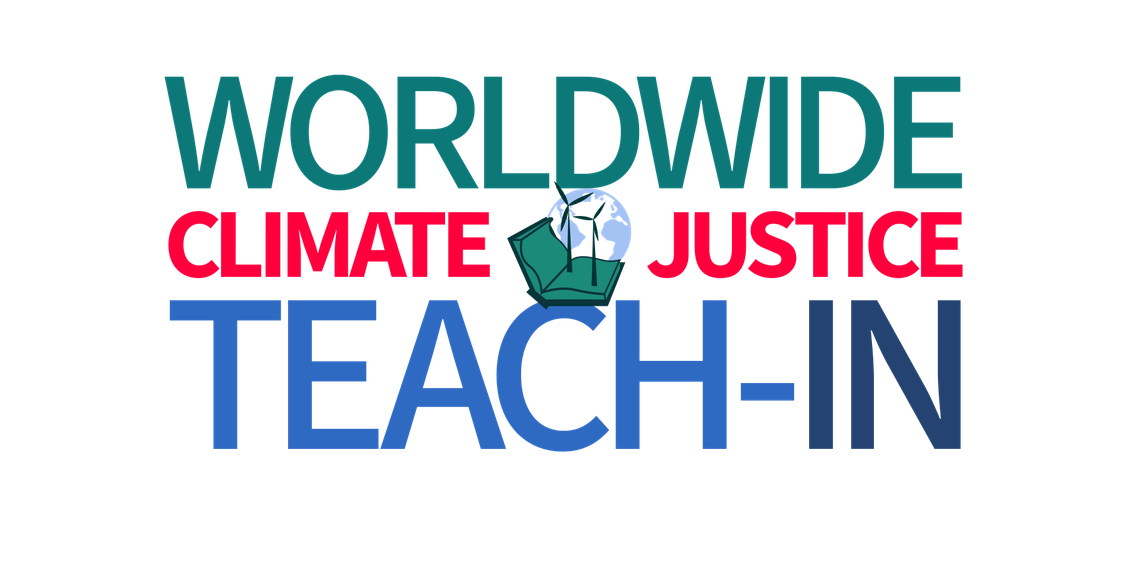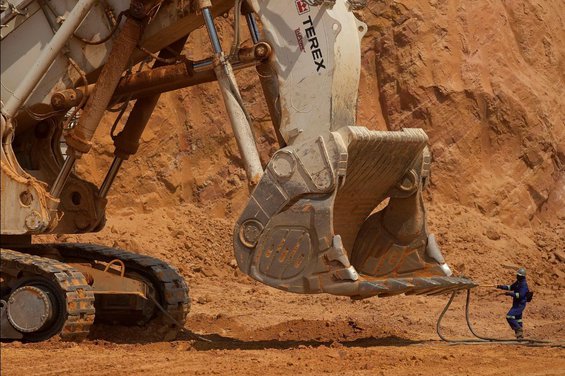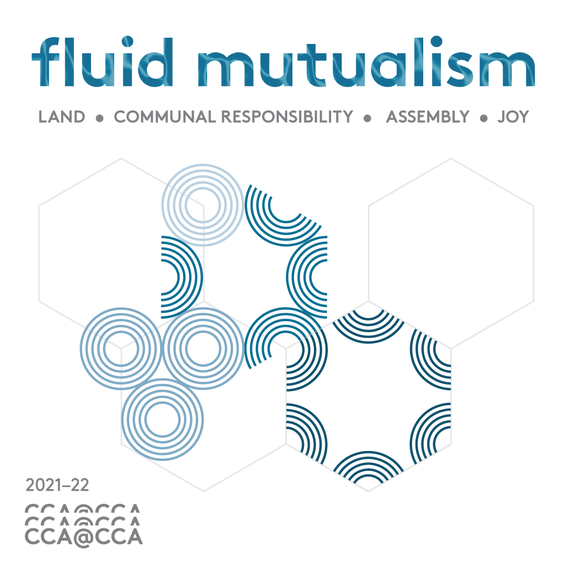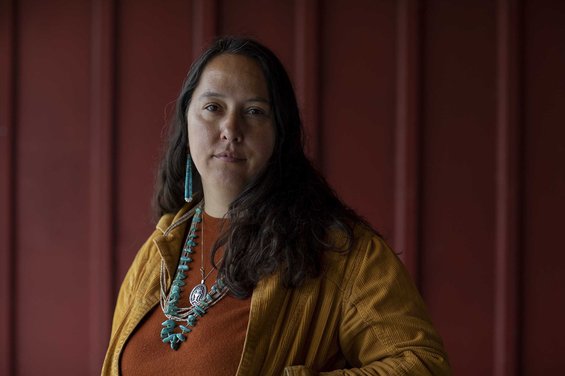Ecological Practices Minor
About
The minor in Ecological Practices is an opportunity for artists and designers to pursue the study of ecology, environmental justice, sustainability, and resilience within the context of their practices. Students interested in exploring the interaction of human and natural worlds through their studio practices and writing are especially well-suited for this minor. Coursework includes a foundational course in Environmental Science goes beyond popular familiarity with topics such as climate change and biodiversity to investigate the deep connections between scientific ecological knowledge and students’ work as artists, designers, architects, or writers.
Finding Courses
Students: to browse Ecological Practices courses in Workday, open the Find CCA Course Sections report and select the course tag "MINOR :: ECO - Ecological Practices" and/or "MINOR :: ECO - Studio" in the Course Tag section of the left column.
You can browse past EP Minor-eligible classes here.
Advising
To learn how the Ecological Practices Minor can fit into your academic plans, please contact:
- A program advisor (for your major)
Ready to declare your minor?
Past Events
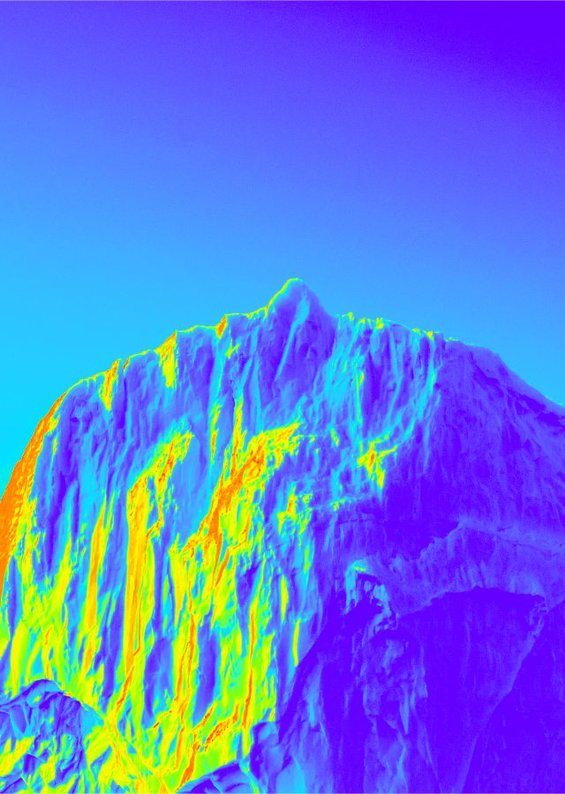
2022 AICAD Symposium: Cumulus Conference: Design for Adaptation
November 2–4, 2022, College for Creative Studies, Detroit
For the second time in the 30-year history of Cumulus, the conference comes to North America. Cumulus Conference 2022 will explore what role designers play in fostering Adaptation through a wide range of approaches, methods, visions, and experiments that draw on Adaptation to reduce vulnerabilities and foster resilience for any community, big or small.
CCS has partnered with the Association of Independent Colleges of Art and Design (AICAD) to bring a wider perspective from across the North American sector. Detroit, a UNESCO City of Design, is an ideal location for exploring art and design-led research in a sustainably minded and socially aware community of practice.
The complex consequences of climate change have pushed the need for community resilient strategies to thrive in the face of change. Cumulus Detroit invites you to discuss the theme focused on adapting to survive and grow, no matter what kinds of chronic stresses and acute shocks we will experience.
Climate Justice: Decolonizing Decarbonization
Interventions and Possibilities in Higher Education in Art, Design and Communication
March 3, April 28, May 26, June 23, 2022
A series of discussions convened by David Cross and Rahul Patel
Hosted and supported by the School of Fine Art of Camberwell, Chelsea and Wimbledon Colleges, UAL, in partnership with the Council for Higher Education in Art and Design (CHEAD)
The ensuing discussions will bring together artists, designers, media makers and educators, including those from the Global South, to ask, how might transformative pedagogies and anti-racist practices help integrate regenerative ecologies and restorative justice?
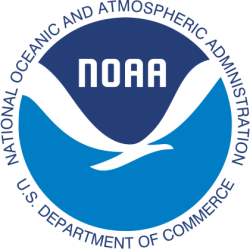
2022 AICAD/NOAA Fisheries Art+Science Fellowship
Applications due January 5, 2022
The AICAD/NOAA Fisheries Art+Science Fellowship is a grant to support a 9-month engagement, up to five-years post-graduation, for an artist/designer with a professional Bachelors or Masters degree including BFA/BDes/BArch or MAF/MDes/MArch from any US member school within the AICAD consortium. The Fellow will be expected to produce artistic and/or design work in response to a specific concern or “challenge” presented by NOAA Fisheries. The selected artist/designer will be part of an interdisciplinary body of researchers, staff, and community groups addressing a specific ecological issue.
Fluid Mutualism
The last year has clarified for some what the Earth itself and many minoritized people have highlighted over five centuries: the imbalance of power has grave and rippling consequences. We are, after all, a net of energy and matter tightly woven in a spiral of timespace. We are impacted by the elements and forces that we design, agree to, and dream of. The 2021-2022 Creative Citizens in Action (CCA@CCA) theme, Fluid Mutualism, was selected by CCA@CCA Faculty Coordinator Prof. V, to investigate intergenerational symbiotic relationships, networks, and strategies expanding within different communities, species, disciplines, and territories.
Inspired by the ancestral practices and philosophies of maintaining harmony by Indigenous people from around the world, Fluid Mutualism will center Indigenous knowledge and technology. It will focus on four of the five pillars of the Communal Flower, a model for understanding communality in the ancient philosophy and daily practice of various Indigenous nations in southern Mexico: land, communal responsibility, assembly and joy.
SESSION/ WORKSHOP: REMATRIATION; RE-STORYING THE LAND THROUGH CENTERING INDIGENOUS RELATIONSHIPS
Wed, Apr 6 2022, 3PM - 4PM, Zoom
Join Mohawk Seedkeeper Rowen White in an hour of storytelling, inquiry, and invitation in the movement of Indigenous Land and Seed Rematriation. She will share the collective vision of intercultural healing that emerges when we center Indigenous leadership, ecological knowledge, cultural memory, and sovereignty of being in living relationship with the cultural inheritance of land, seeds, and other non-human kin. She will share stories, past, present, and evolving of the pathways in the Rematriation movement towards cultural sanity in the regenerative land stewardship movement in these times of great transformation.
Watch the recording here!
CCA Students Highlighted on ABC7 News
CCA students design sustainable architecture that helps ecosystems flourish as part of the Architectural Ecologies Lab.
In Defense of Life: Beekeeping & Sustainable Farming
Wed, Oct 27 2021, 1PM - 2PM, Zoom
Join us on October 27 for a forum on agroecology, food sovereignty, traditional Indigenous knowledge, sustainability, and the importance of apiculture featuring two beekeepers and farmers, Metz Andrade from the Bay Area and Ana Elisa Pérez Quintero from Puerto Rico.
Music provided by KJ, the Pied Piper of the Bay, an independent recording artist, entrepreneur, flautist, vocalist, producer and composer, living and working in the Bay Area for the past 26 years.
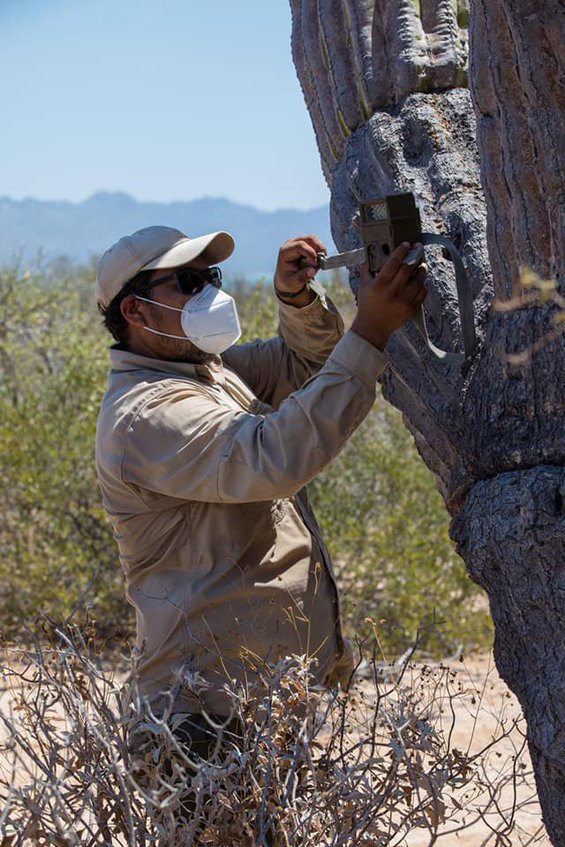
Alberto Mellado Moreno on the Comcaac Sustainable Fishery and the Culture Surrounding it on the Coast of Sonora
Artist Alberto Mellado Moreno was invited to give a talk at CCA in 2020 by Kim Anno, sponsored by Wild Projects.org and the Critical Ethnic Studies program. In his talk, showing unprecedented images of the tribal culture, he speaks on food traditions, fishery sustainability and how they monitor the water and fishery conditions in the territory, women's leadership, and the Comcaac way of knowledge. Moreno describes the impacts of climate change on the fishery, the resiliency of the tribe for the last 3000 years and how they are weathering Covid today.
Watch the talk here.
Learn more about Comcáac Alberto Mellado Moreno here.
Staff and Faculty
Curtis Arima
Chair, Ceramics Program
Chair, Sculpture Program
Chair, Textiles Program
Chair, Jewelry and Metal Arts Program
Chair, Individualized Studies Program
Professor, Jewelry and Metal Arts Program
Karen (Ren) Fiss
Professor, History of Art and Visual Culture Program
Brian Karl
Margaux Schindler
Chair, Interior Design Program
Assistant Professor, Interior Design Program

